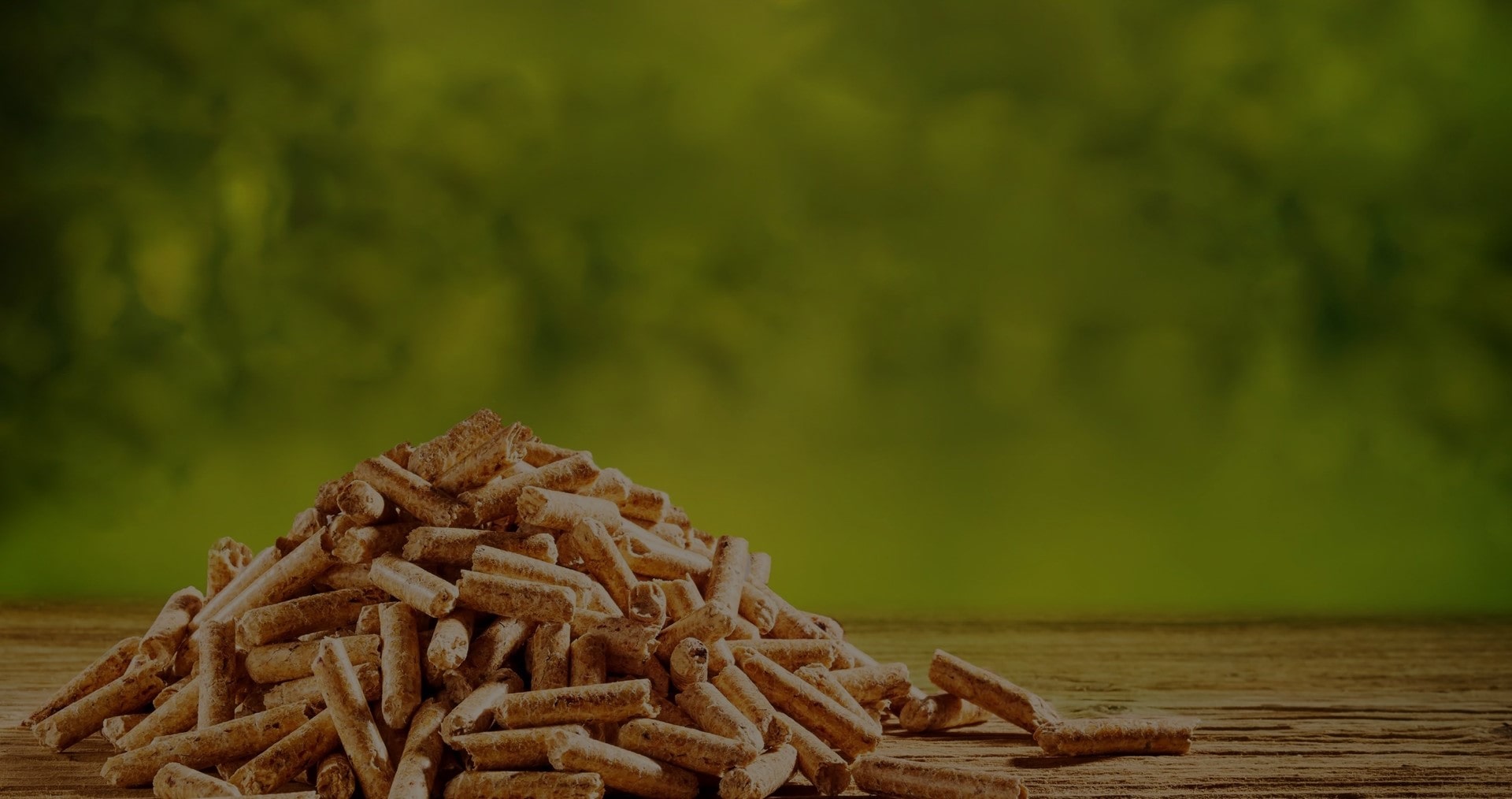

Biomass fuel is derived from organic materials such as agricultural waste, wood, or crop residues. It is renewable, carbon-neutral, and serves as an eco-friendly alternative to fossil fuels. When burned, biomass releases carbon dioxide, but this is offset by the carbon absorbed by the plants during their growth, creating a balanced carbon cycle.
Our biomass pellets are produced using the finest mustard waste sourced from the Hadoti region, known for its ideal climate for mustard cultivation. The quality of the mustard waste directly impacts the efficiency of biomass pellets, making them a superior choice for sustainable energy production.
Our primary raw material is mustard waste from the Hadoti region, which is well-known for its extensive mustard farming. We also utilize other agricultural residues like rice husk, wood chips, and other crop wastes to diversify our biomass fuel offering.
Manufacturing involves collecting, drying, grinding agricultural residues, compressing them into pellets, then cooling and packaging the pellets for distribution.
Biomass pellets are eco-friendly, reduce carbon emissions, and offer high energy output. Made from agricultural residue, they support sustainability and have low moisture content for better storage and efficiency.
Biomass fuel is carbon-neutral and renewable, providing a sustainable alternative to finite coal. It produces fewer pollutants, leading to cleaner air, and offers higher energy efficiency in certain applications. Additionally, biomass reduces dependence on imported coal and supports job creation in the local agricultural sector.
